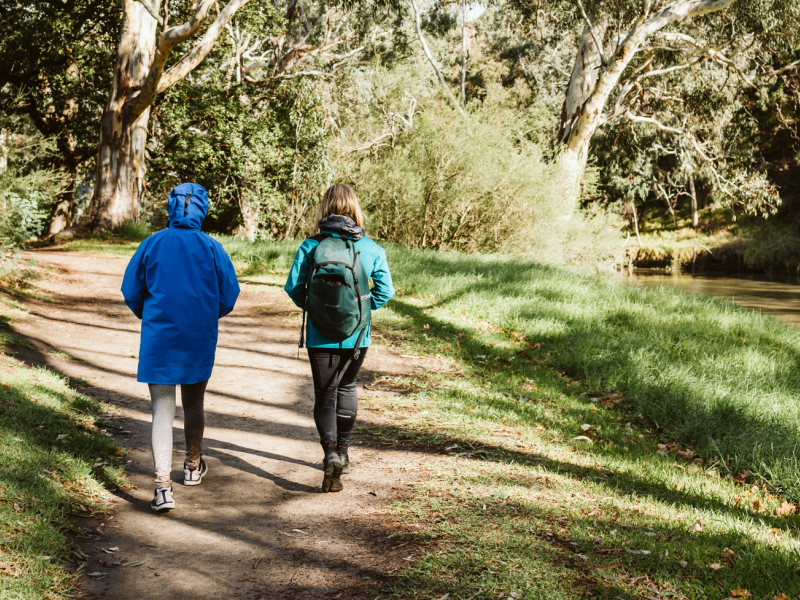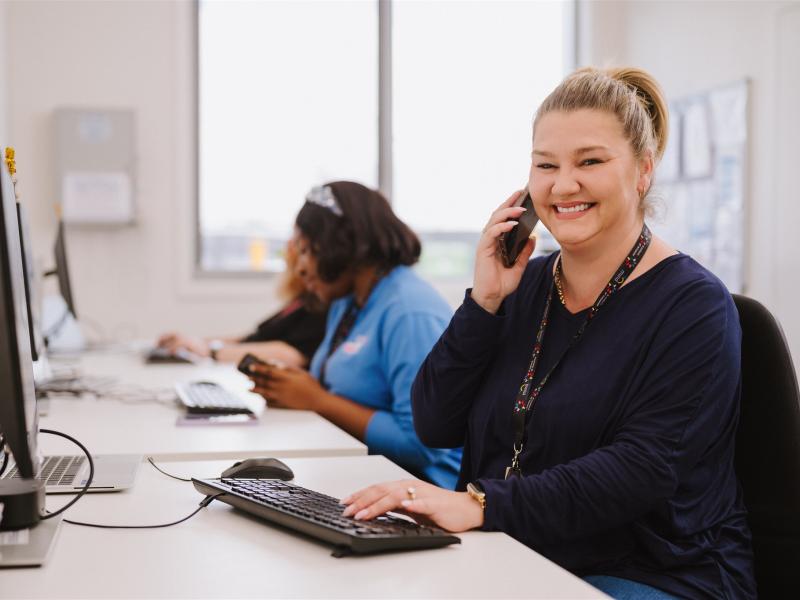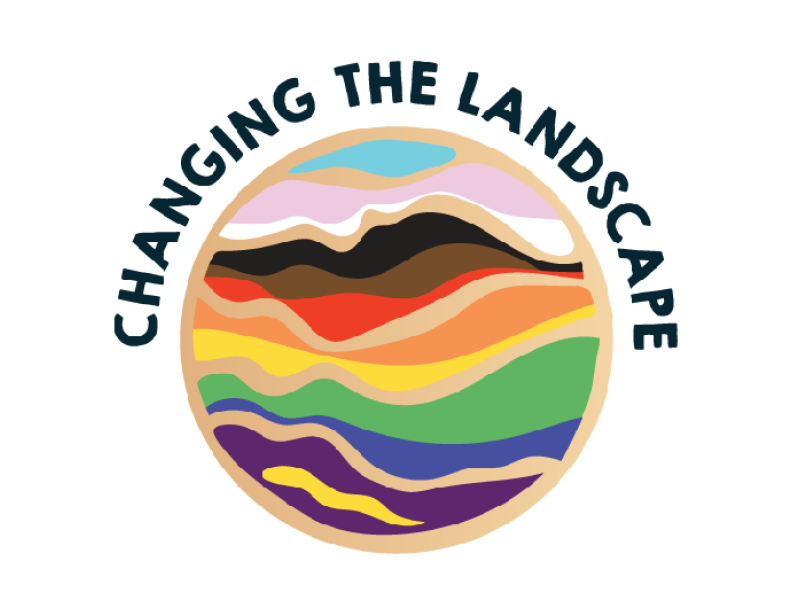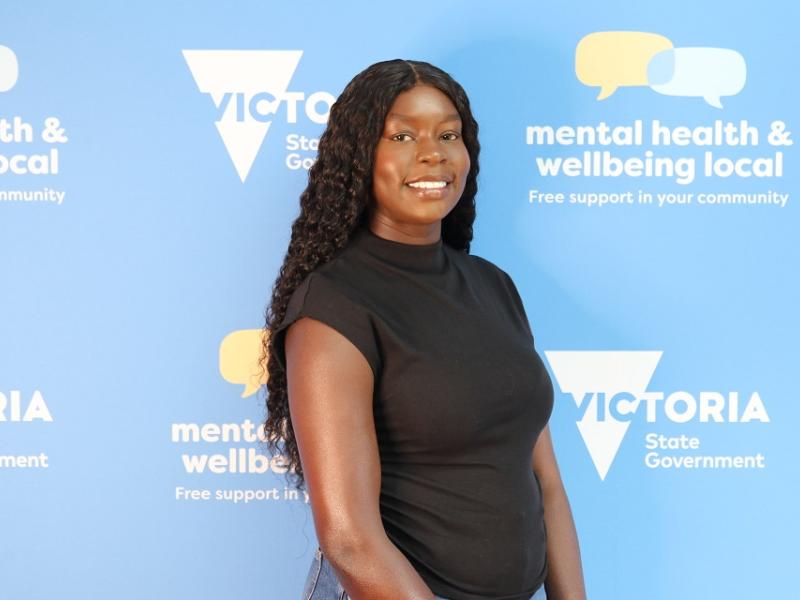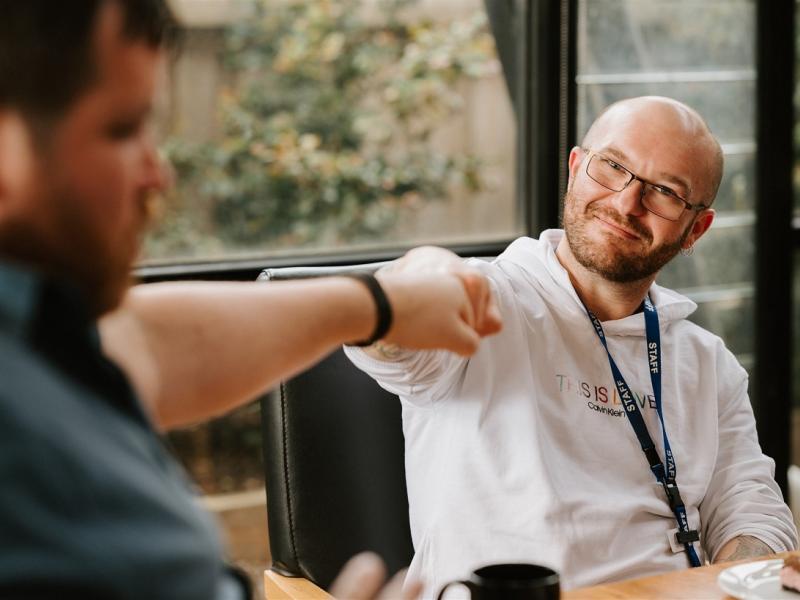Two or three years ago, John’s teenage daughter Celine’s* mental health spiralled. She started to disengage at school and home and, struggling to connect with others, began using alcohol and recreational drugs as a coping mechanism.
Now 19, Celine has multiple diagnoses, including autism and anxiety, as well as her issues with alcohol and recreational drugs.
John and his wife Michelle tried moving Celine to a new school. Her engagement didn’t improve but the new school gave them some leads for getting Celine some specialised support. This included youth psychologists and clinics. John and Michelle could see their potential benefit, but Celine remained disengaged.
“Clinical settings were very sterile for Celine,” John said. “Whether hospitals or offices, going to them was traumatising for Celine as they made her feel she had something wrong with her.”
John found the search for support and the referral process exhausting and traumatising but eventually it led them to the Youth Outreach Recovery Support (YORS) program.
Funded by the Victorian Government, YORS provides individualised, recovery orientated psychosocial outreach support for young people 16-25 with significant mental health challenges. It prioritises young people who are experiencing substance misuse, risk of homelessness, unemployment, disability, engagement in the youth and adult justice systems, victims of family violence/sexual abuse and/or risk of self-harm or suicide.
“YORS was a good option because it could engage with Celine's mental health and with her AOD (Alcohol and other drugs) issues,” John said.
The fact that YORS is an outreach service was also a gamechanger; it gave Celine the sense of control and comfort that was missing in clinical settings. But most importantly, he said, her key worker Tyson was absolutely amazing.
“She wasn’t willing to engage with him at first because her mental health wasn’t great, but his persistence in following up made a difference. He met her where she wanted to meet – home, park, somewhere for a coffee, at school.”
“He went above and beyond and he’s been extremely successful since then in engaging with Celine,” John said.
Tyson knew when and how hard to challenge her, encouraging her with employment and study.
“She wasn’t working and he’d challenge her to get out of her comfort zone,” John said.
“Part of helping someone with autism is supporting them to break down the mask they wear to mirror others to fit in, and replace it with what is authentically them,” John said.
Tyson set up two job opportunities for Celine. The teamwork and customer service they required improved Celine's people skills and social connection – a key focus of their work together.
He also encouraged her with further education, learning her interests and finding suitable education paths for them.
Tyson also acted as an advocate for Celine, when her school wanted to remove her. This meant working as a multi-disciplinary team to support her at times that were overwhelming to her.
John said Tyson and the YORS program were uniquely able to connect and engage with Celine.
“The great thing about YORS for Celine is that it empowered her to choose where she wanted to go and how she wanted to work on her mental health and wellbeing,” he said.
Youth Outreach Recovery Support services face an uncertain future with their current funding due to end in June 2025.
*Celine's name has been changed for privacy reasons.
If this article raises concerns for you, please call Lifeline on 13 11 14. Aboriginal and Torres Straits Islanders can also call 13 YARN (13 92 76) a 24/7 national crisis support telephone service staffed by Aboriginal and Torres Strait Islander peoples.
If you would like more information, please contact us.
1300 286 463
[email protected]
